How Cloud Infrastructure Design Supports Business Continuity?
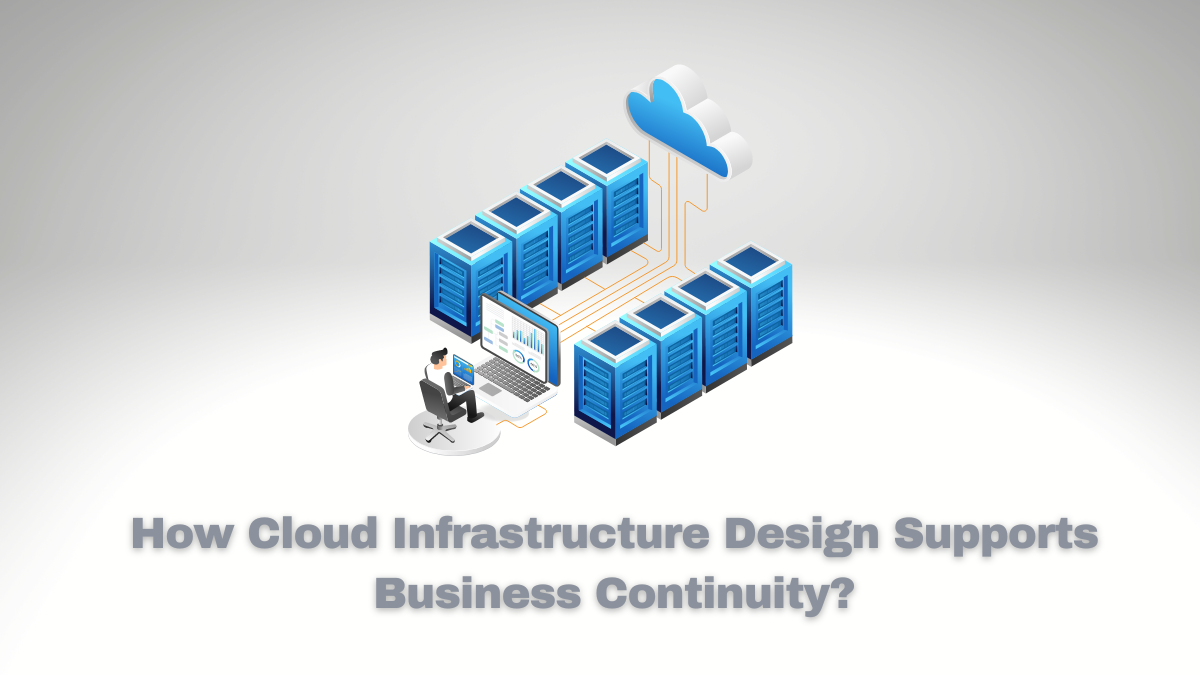
Identifying a Reliable Cloud Solution
A true and reliable cloud solution is characterized by immediate provisioning, flexible capacity, cost-effectiveness, a security infrastructure designed for the cloud, and the ability to access applications from any device on the internet. It also supports accelerated feature delivery for both third-party Software as a Service (SaaS) apps and custom apps. If a vendor cannot offer these features, it’s not a cloud solution. Tenesys.io, a provider of cloud computing services, is committed to delivering these benefits to its clients.
How Cloud Infrastructure Supports Business Continuity?
Each characteristic of a true cloud solution plays a crucial role in supporting business continuity:
Accelerated Feature Delivery
True cloud solutions support accelerated feature delivery for both third-party Software as a Service (SaaS) apps and your own custom apps. This means that new features and functionality can be delivered more regularly than with on-premise software.
If you’ll need to go through the pain of a major upgrade to get new features, it’s not a cloud solution. Tenesys.io’s cloud infrastructure design services support accelerated feature delivery, ensuring that clients always have access to the latest features and functionality.
Long-term Cost-Effectiveness
Running operations on a cloud solution should cost significantly less than running in-house or in a traditional data center. This is because cloud computing doesn’t just make in-house operations more efficient, but it delivers IT services in a fundamentally different way.
If a vendor can’t pass on these savings, it’s not the best cloud solution. Tenesys.io’s cloud solutions are designed to be cost-effective, efficiently optimizing cloud’s cost and capability, providing significant savings to clients.
Cloud-Specific Security Infrastructure
A true cloud solution has a security infrastructure specifically designed for the cloud. This means that authentication services allow secure access from the public internet to just a single application or set of data, and not everything on a whole domain or server.
Immediate Provisioning and Flexible Capacity
A true cloud solution provides immediate provisioning. This means that resources can be allocated and made available for use instantly, without any delay. Additionally, it offers completely flexible capacity.
Whether you need to add one user or 10,000, a cloud solution can accommodate this without any hassle. If a vendor needs to know the size of your business or the delivery timeline, it’s not a genuine cloud solution.
Access from Any Device
A genuine cloud solution allows applications to be accessed from any device on the internet, whether it’s a PC, tablet, or smartphone. If you need to use a particular operating system or type of device, or install any software on the device or in your infrastructure, it’s not a cloud solution.
Benefits of Cloud Infrastructure for Business Continuity
- Work from Any Device: Cloud solutions like those provided by Tenesys.io allow employees to work from any device, ensuring business continuity even when employees can’t be in the office.
- Always Available Documents and Files: Cloud storage solutions ensure that documents and files are always available, regardless of where employees are working from. This availability is crucial for maintaining productivity during remote work situations.
- Fault-Tolerant Environment: Cloud solutions are designed to be fault-tolerant. If a server or storage device fails, another instance is spun up automatically, ensuring continuous availability of applications and services.
- Minimized Disruption During Deployments: Cloud solutions minimize the risk of disruption when deploying or upgrading applications. This stability is crucial for maintaining business operations.
- Flexible and Resilient Business Processes: Cloud solutions allow for the creation of flexible and resilient business processes. For example, cloud-based apps can allow work to be redirected to different team members as needed, ensuring business continuity even during staff shortages.
How to enhance Business Continuity even further? Diverse Cloud Solutions for the rescue!
In addition to a well-designed cloud infrastructure, several other cloud solutions can significantly enhance business continuity. Here’s a look at some of them:
Disaster Recovery as a Service (DRaaS)
DRaaS is a cloud-based service that protects businesses from the impacts of potential IT infrastructure failures or disasters. It ensures quick recovery of data, servers, or entire data centers, enabling businesses to maintain or quickly resume mission-critical functions following a disaster.
Backup as a Service (BaaS)
BaaS is a strategy for backing up data that involves purchasing backup and recovery services from an online data backup provider. Instead of performing backup with a centralized, on-premises IT department, BaaS connects systems to a private, public, or hybrid cloud managed by the outside provider.
Cloud-based Communication and Collaboration Tools
Cloud-based communication and collaboration tools like Microsoft Teams, Google Workspace, or Slack can ensure seamless communication even in the event of a physical office shutdown. These tools enable teams to collaborate in real-time, share files, and conduct virtual meetings, ensuring business continuity.
Cloud-based Project Management Tools
Cloud-based project management tools like Asana, Trello, or Jira can help teams stay organized and keep projects on track even when working remotely. These tools provide real-time updates, task management, and progress tracking, ensuring that everyone stays on the same page.
Identity and Access Management (IAM) in the Cloud
IAM systems in the cloud can ensure that the right individuals have access to the appropriate resources at the right times for the right reasons. This is crucial for maintaining security and preventing unauthorized access during remote work situations.
Cloud-based Customer Relationship Management (CRM) Systems
Cloud-based CRM systems like Salesforce or HubSpot can ensure that customer data is accessible and up-to-date, regardless of where employees are working. This can ensure that customer service and sales efforts continue smoothly, even in a remote work situation.
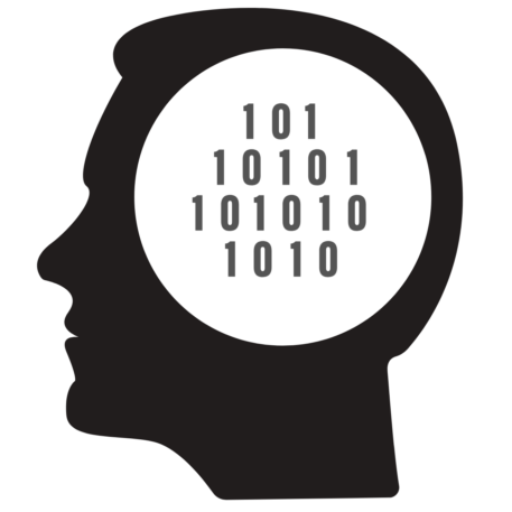
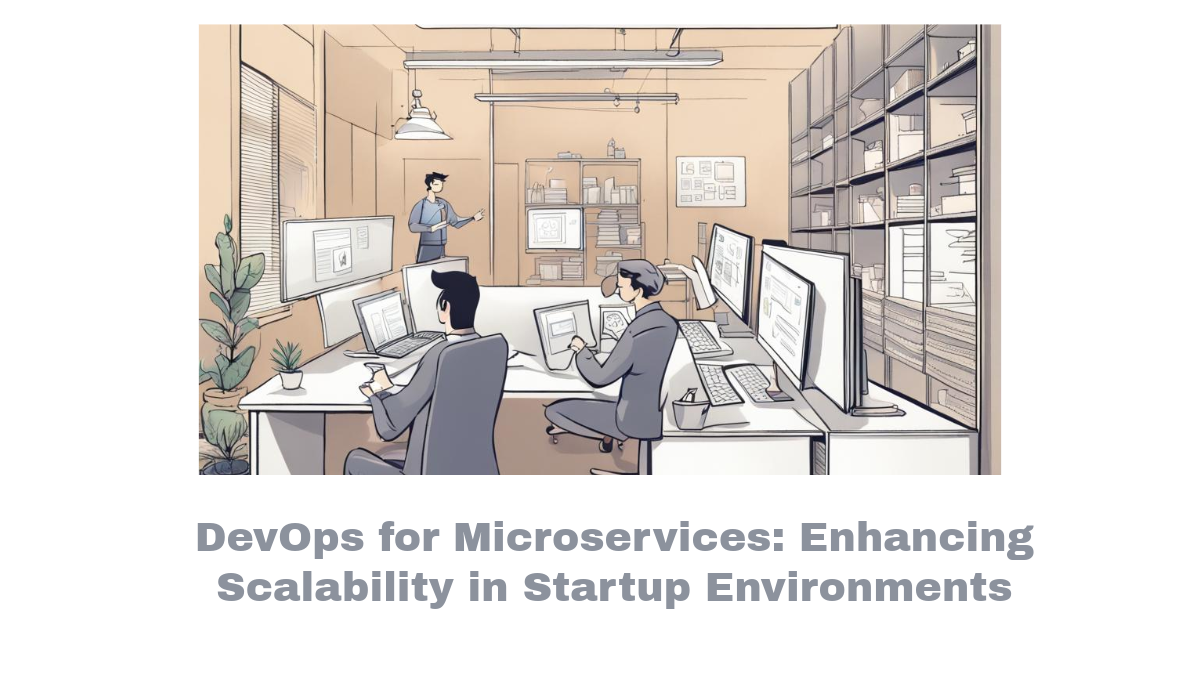
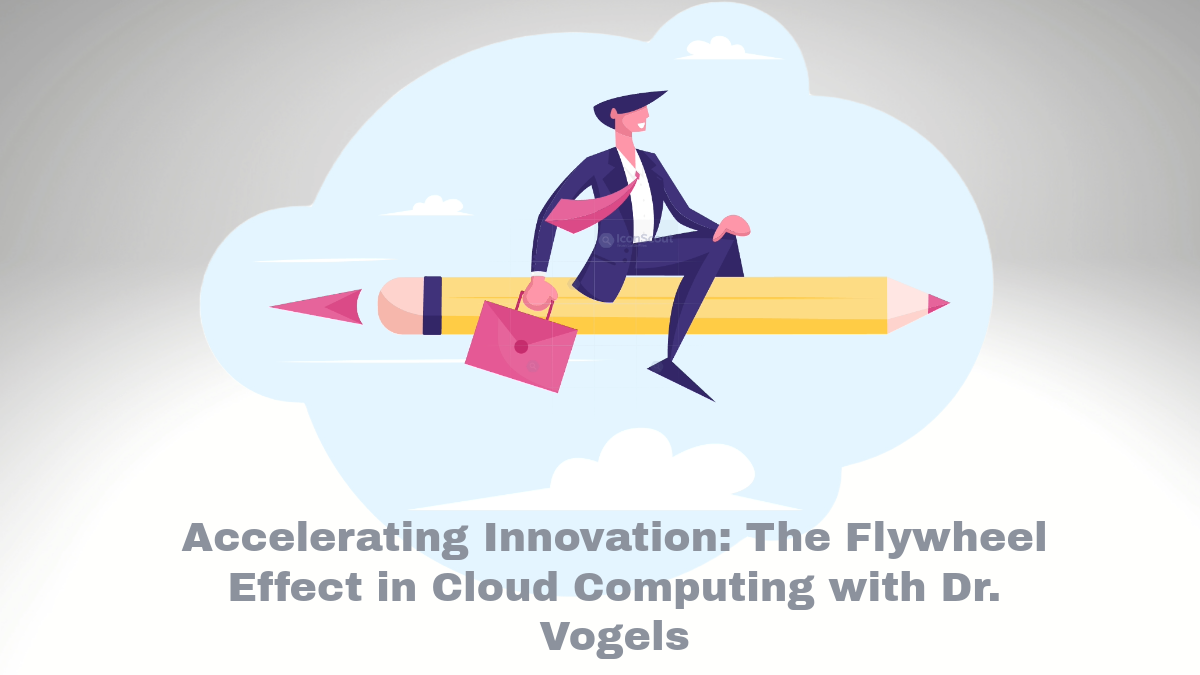
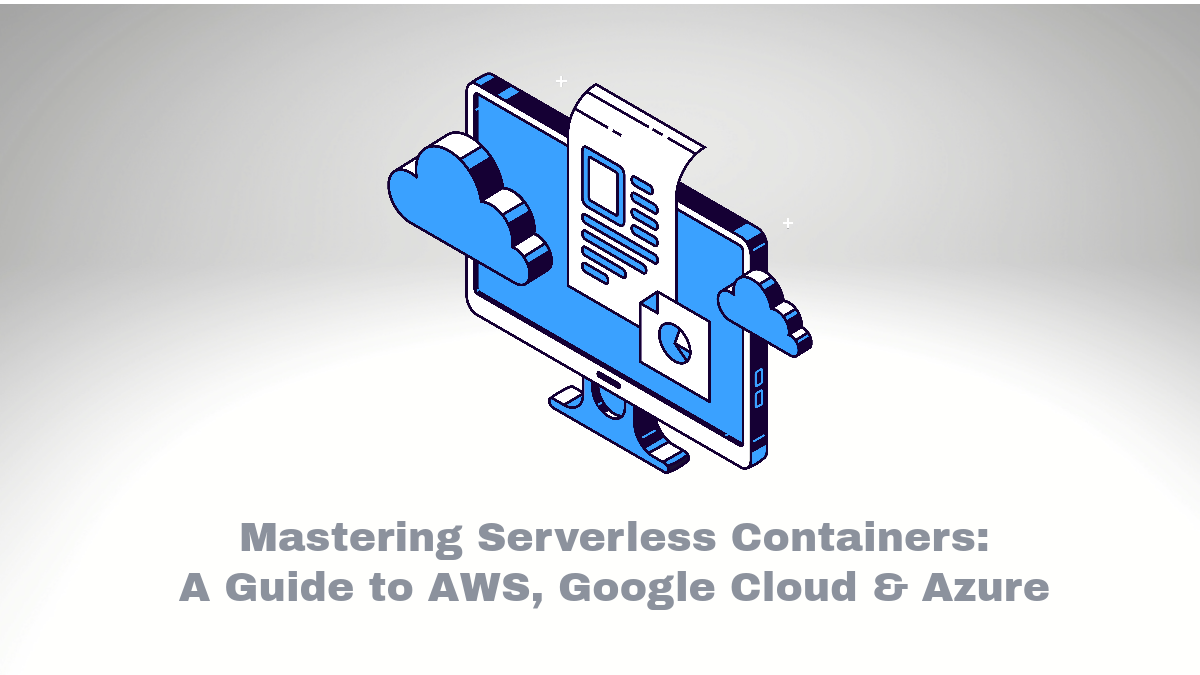
Comments